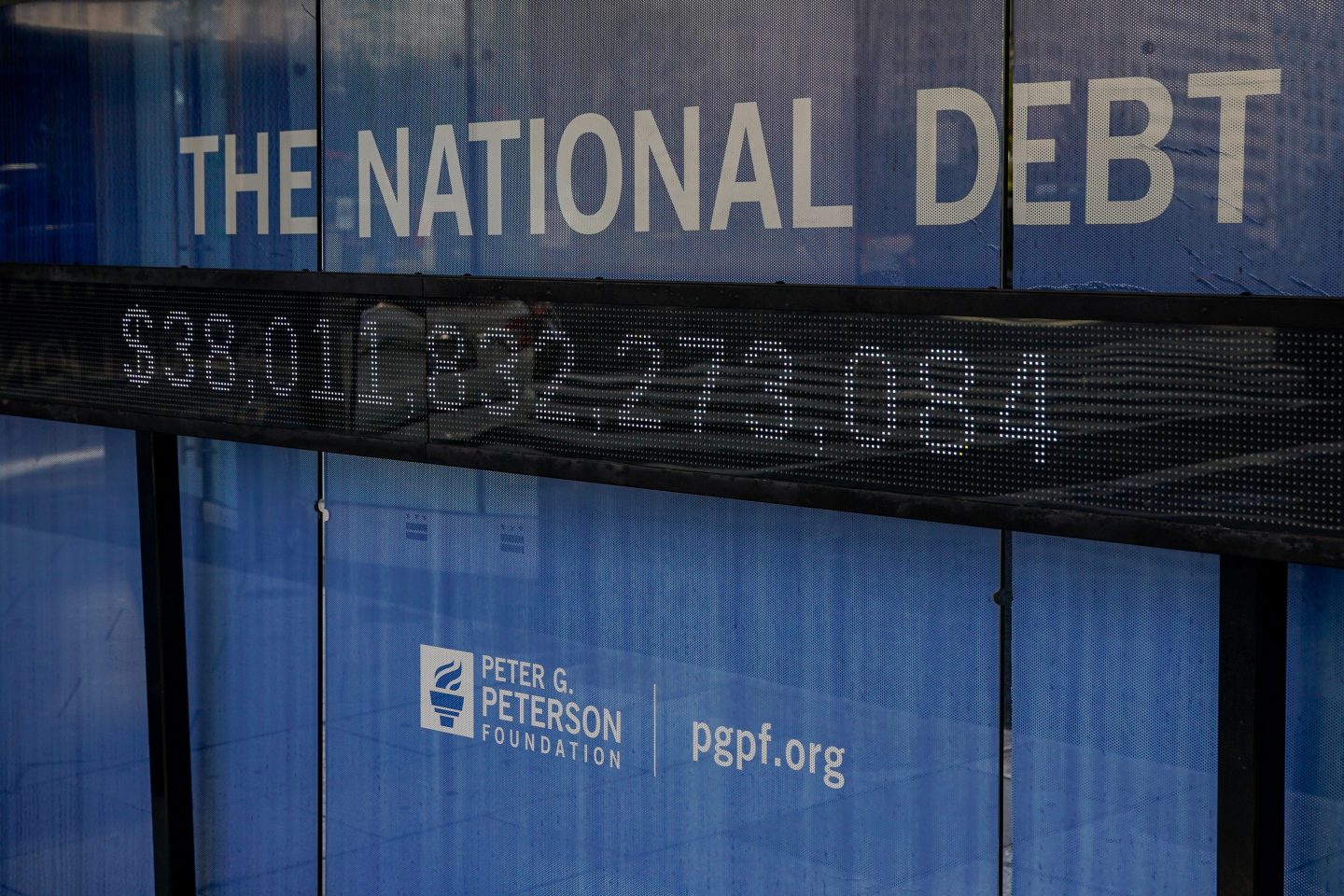FORTUNE — I spent past of the long weekend responding to criticism of a Friday afternoon post about Talmon Marco, the CEO of an instant messaging platform (Viber) that had just agreed to be acquired by Japan’s Rakuten for around $900 million. Marco had been quoted by Reuters earlier in the week as denying that such a deal was in the works. From my perspective, that made Marco a liar, and someone who reporters (and employees) should be circumspect about trusting in the future.
Suffice to say, I got a lot of push-back:
This arrogant “journalist” has no clue what it means to close such a deal. http://t.co/uvfA8fwRWX
— Ouriel Ohayon (@OurielOhayon) February 15, 2014
Wow. Fortune Magazine and @danprimack is now into trolling entrepreneurs: http://t.co/LMHAE6ciBy question is, should Fortune be trusted?
— Hiten Shah (@hnshah) February 14, 2014
Why do reporters believe they are owed ‘the truth’ from a CEO? Do they have Information Rights? cc: @MikeIsaac@danprimack@eldon
— Roi Carthy (@Roi) February 14, 2014
@danprimack@hnshah founders responsibility is to customers, employees and investors. Not giving reporters something to write about.
— Andy Johns (@ibringtraffic) February 15, 2014
I don’t begrudge anyone their opinion (including about me), but I do feel that there may be a fundamental misunderstanding about what “no comment” usually means to reporters.
My argument was largely that Marco, assuming he didn’t want to confirm the report, should have simply said “no comment” (assuming he picked up the phone in the first place). That way he neither violates NDA nor lies. But some of you argued that a CEO’s “no comment” is de facto confirmation. A non-denial, as it were.
For those who feel this way, please know that you are mistaken. “No comment” is exactly that, no comment. Neither confirmation nor denial. In fact, it’s only real use to a reporter is that it lets us know our inquiry was received. Any reporter who bases stories on his or her hunch as to the deeper meaning of “no comment” will soon be out of a job for printing all sorts of inaccurate stuff.
A few readers also emailed to sympathize with Marco, with one asking “what else could he do to kill the story?”
The answer here is “probably nothing.” Once a reporter calls a CEO about something like this, it means the leak has already occurred. And the reporter likely trusts the original source(s). Perhaps you can bribe the reporter with a “better” story if they hold the scoop, but that’s only if you actually have something of superior value. Denying the leak’s veracity, as Marco did, won’t kill the story. But it will create a lack of future trust. Not just with reporters, but alsowith employees and customers (i.e., the people who read stories about your company). And that’s not the sort of thing that’s ever good for future business. So just stick to “no comment.”
Sign up for Dan’s daily email newsletter on deals and deal-makers: GetTermSheet.com










